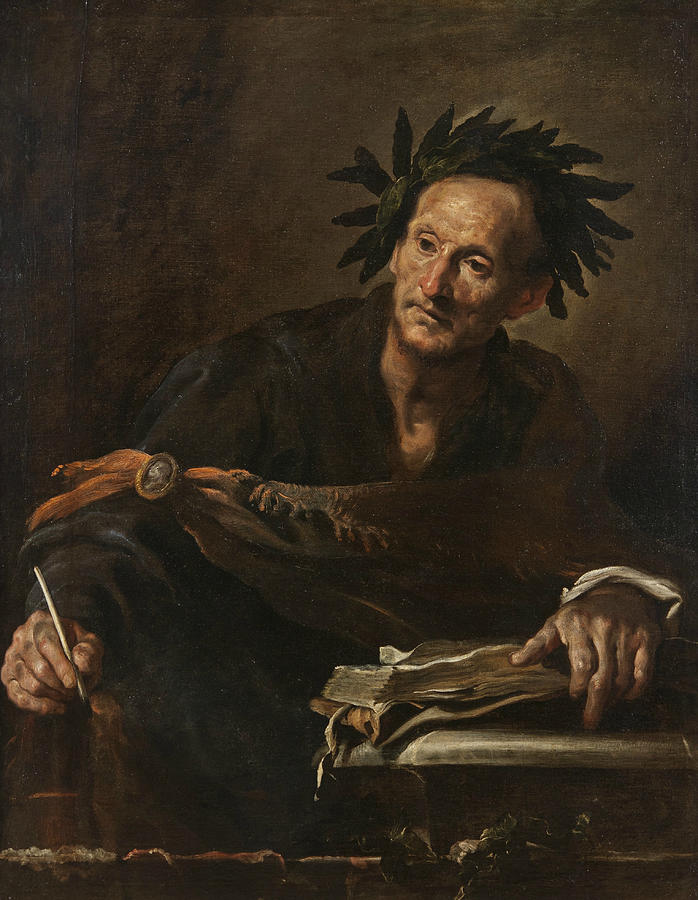Wednesday
Several years ago, my friend Sue Schmidt asked me to find some positive literary responses to the dark times in which we are living. After hearing from yesterday’s January 6 committee hearings about the concerted efforts to overturn the 2020 presidential election—the plot was wider and deeper and came closer to succeeding than we initially realized—I rerun that post today.
Sue’s request came after a series of depressing posts about Donald Trump, and I got her point. If literature just confirms us in our pessimism, what’s the use of it?
A lovely New Yorker article by Haitian-American writer Edwidge Danticat captures the necessary balance between unflinching realism and hopeful outlook. In the poems that she cites, Gwendolyn Brooks, Langston Hughes, and Audre Lorde acknowledge the evils of racist society. They also signal constructive responses, however, and their commitment to truth means that we must take their hopefulness seriously.
In thinking about truth-tellers, I am reminded of Marx’s famous observation in his “Preface to Hegel” where he criticizes attacks on religion. While he himself believes that religion is “the opiate of the masses,” he argues that philosophers should not limit themselves to stripping people of their illusions—or as his metaphor has it, to strip the garlands off our shackles so that we can see the cold, hard iron. Genuine criticism, Marx writes, must push towards hope:
Criticism has plucked the imaginary flowers on the chain not in order that man shall continue to bear that chain without fantasy or consolation, but so that he shall throw off the chain and pluck the living flower.
Marx’s observation applies as well to those who see literature’s task as nothing more than unmasking terrible conditions. Criticism that takes the form of joyless political science is guilty of this. Literature, on the other hand, can combine truth with hope, framing reality in such a way that we can imagine changing it. Danticat has a great Lorde quotation to this effect:
Poetry, she said, is how we name the nameless. “It forms the quality of the light within which we predicate our hopes and dreams toward survival and change, first made into language, then into idea, then into more tangible action.”
I advise my students to follow a similar progression. “First immerse yourself in the work,” I tell them, “then reflect upon the work, and finally act upon the insights that emerge.”
Danticat introduces me to one Brooks poem that I did not know but which wonderfully shows how optimistic striving can overcome harsh reality. “Speech to the Young: Speech to the Progress-Toward” is designed to warn them about
the down-keepers,
the sun-slappers,
the self-soilers,
the harmony-hushers…
“Even if you are not ready for day,” Brooks tells her audience, “It cannot always be night.” Therefore, she concludes, do not live “for battles won” or for “the-end-of-the-song.” Live instead “in the along,” in the “progress-toward.”
I see the down-keepers, sun-slappers, self-soilers, and harmony-hushers as those people who nip optimism in the bud so that young people won’t get their hopes up. Their pessimism is designed to cushion themselves against the disappointment of battles lost.
Poetry, by contrast, reminds us that daylight is possible.
Further thought: I suspect that Brooks is alluding to Emily Dickinson’s “Some keep the sabbath going to church” when she counsels her reader to “live in the along.” Here’s the last stanza of Dickinson’s poem, where a bobolink serves as her clergyman in the great church of the outdoors. Note that Dickinson, like Brooks, focuses on the process of living, not on some static final result:
God preaches, a noted Clergyman –
And the sermon is never long,
So instead of getting to Heaven, at last –
I’m going, all along.
